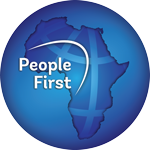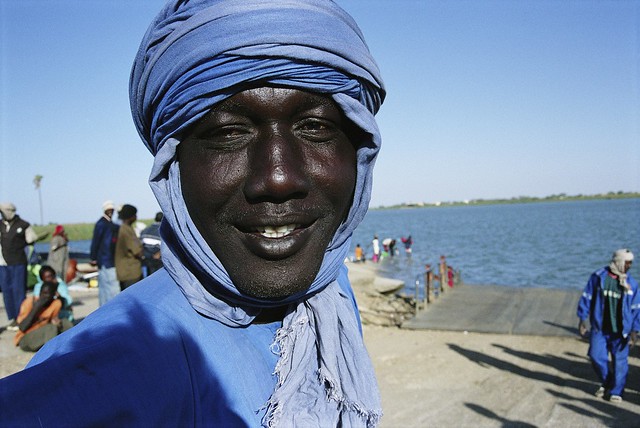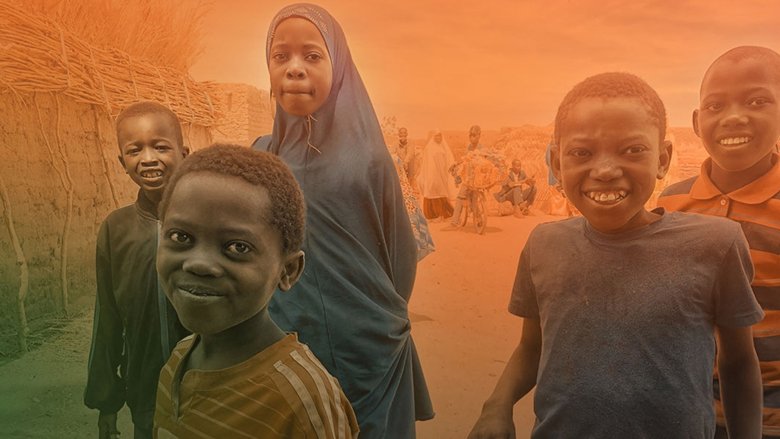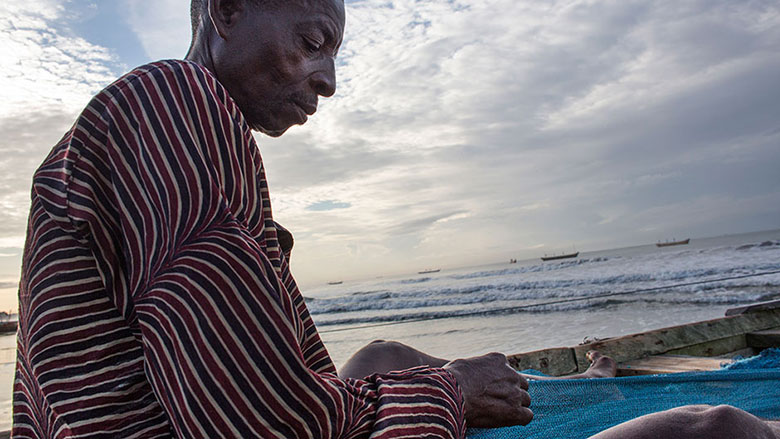Country Overview
Located in West Africa, at the heart of the Sahel, Niger has a narrow-based economy that remains heavily dependent on agriculture. Despite ongoing efforts to improve the situation, poverty remains a major challenge. In 2024, the extreme poverty rate stood at 45.3%. It is expected to decline to 35.8% by 2027, driven by strong projected growth in the agricultural sector.
According to the United Nations High Commissioner for Refugees (UNHCR), the country hosts a large number of refugees and internally displaced persons. As of 2025, nearly one million refugees, asylum seekers, and internally displaced persons are residing in Niger, primarily in the regions of Tillabéri, Diffa, and Tahoua.
Political Context
Since the coup d'état of July 26, 2023, Niger has been governed by a military regime, with General Abdourahmane Tiani heading the National Council for the Safeguard of the Homeland (CNSP). The ongoing transition has suspended political activities.
The National Conference for the Refoundation of Niger, held in Niamey from February 15 to 20, 2025, brought together over 700 participants to lay the foundations for sustainable development and reconfigure the political system. Recommendations included a renewable five-year transition, the dissolution of political parties, the adoption of a new Charter of Political Parties and a Constitution reflecting national values. Proposals also included reducing the National Assembly to 100 members and limiting the number of ministries to 20. The final report was submitted to the CNSP President on March 10, 2025.
Niger continues to face persistent insecurity. In the Liptako-Gourma region, attacks by armed groups remain a concern. The Lakurawa, active between Niger and Nigeria, continue to commit abuses. In the north, the Justice Front (FPJ), the Action Movement for Democracy and Progress (MADP), and the Liberation Action Front (FAL) demand the release of the deposed president and have carried out several incursions, including the kidnapping of Chinese nationals in the Agadem oil block. Despite these tensions, the government promotes the disarmament of combatants: in November 2024, around one hundred members of the Patriotic Liberation Front (FPL) and the Movement for Justice and Rehabilitation in Niger (MJRN) laid down their arms in Agadez.
At the regional level, Niger, Burkina Faso, and Mali withdrew from the Economic Community of West African States (ECOWAS) in January 2024 and formed the Alliance of Sahel States (AES), formalizing their withdrawal in January 2025. Since then, the three countries have strengthened their cooperation, launching a joint biometric passport and deploying a joint force of 5,000 troops. This force has conducted several operations, including "YEREKO 2" and "SUDU LUGDU," which authorities report yielded significant results.
Economic Situation
In 2024, gross domestic product (GDP) growth is estimated at 8.4% (4.9% per capita), driven by oil exports and agriculture. Inflation averaged 9.1%. Debt sustainability was downgraded to high risk due to weak revenue mobilization and the accumulation of arrears. Growth is projected at 7.4% in 2025, with oil production reaching 30 million barrels. The outlook is subject to downside risks related to security threats, climate shocks, debt rollover and refinancing challenges, and pressures in the banking sector.
Recent Developments
GDP growth increased from 2.0% in 2023 to 8.4% in 2024 (4.9% per capita), supported by the lifting of sanctions and a 48.5% rise in exports, particularly oil. The current account deficit declined from 9.3% to 6.2% of GDP. Growth was driven by agriculture (+11.1%) after a good season, and by industrialization (+12.1%) supported by oil production.
The banking sector remains under pressure, with non-performing loans at 24% and solvency falling to 9.8% as of September 2024. Inflation rose to 9.1%, fueled by higher food prices due to import disruptions and shortages. Despite these challenges, economic growth reduced extreme poverty to 45.3%, lifting 260,000 people out of extreme poverty.
Regional foreign exchange reserves increased from 3.5 to 4.7 months of imports, reflecting the recovery in external financing. The Central Bank of West African States (BCEAO) maintained its policy rates at 3.5% and 5.5%. The fiscal deficit stabilized at 4.3% of GDP, supported by budget cuts. However, debt service reached 34% of domestic revenues, and a joint World Bank–International Monetary Fund (IMF) debt sustainability assessment in January 2025 classified the risk of over-indebtedness as high.
Economic Outlook
GDP growth is expected to reach 7.4% in 2025, driven by oil production of 30 million barrels. Inflation is projected to ease thanks to improved food supply following a good 2024 harvest. The fiscal deficit is expected to approach 3% of GDP by 2027, supported by increased oil revenues and expenditure control. Growth is expected to slow in 2026–2027, once oil production reaches full capacity. The withdrawal from ECOWAS is not expected to have a significant impact on the economy.
Regional inflation is projected to meet the West African Economic and Monetary Union (WAEMU) target in 2025 (in 2027 for Niger). Regional reserves could reach 5.1 months of imports, supported by the recovery of exports and declining interest rates in the euro area. Extreme poverty reduction is expected to continue, reaching 35.8% in 2027, equivalent to 1.6 million people lifted out of extreme poverty. However, 2.2 million people (8.1% of the population) may face severe food insecurity between June and August 2025, particularly in Maradi and Dosso.
Downside risks include climate and security shocks, as well as tensions in the banking sector, which could slow private investment. Conversely, higher oil production and the early reopening of the Niger–Benin border could improve the outlook. Risks related to oil prices remain balanced.
Last Updated: Mar 31, 2025









